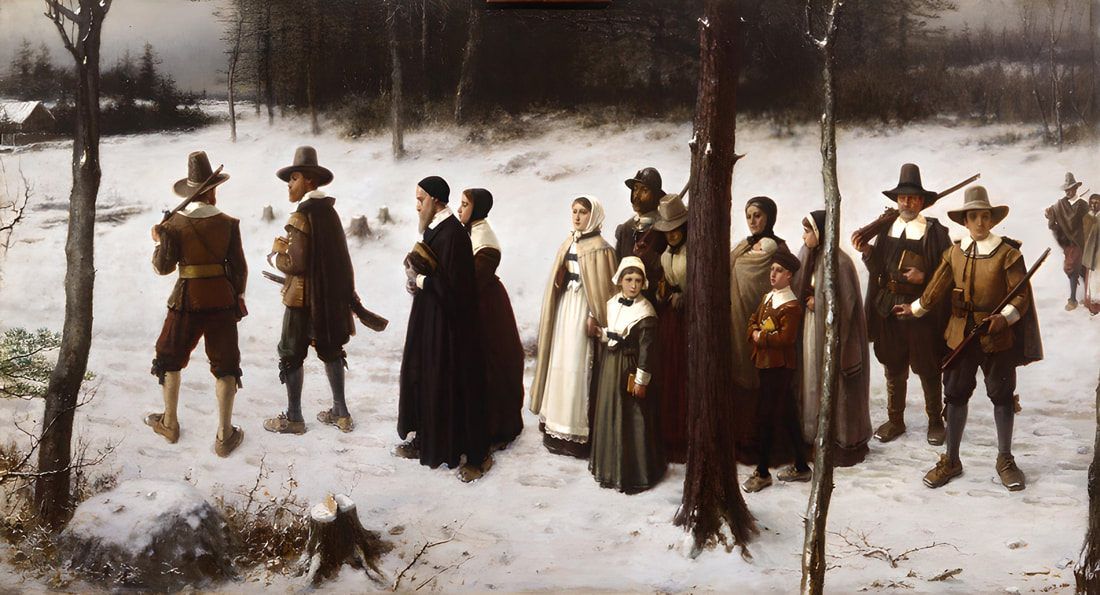|
For a real war on Christmas, think of 17th century Puritans. Massachusetts Bay Colony in 1659 decreed, “For preventing disorders arising in several places . . . whosoever shall be found observing any such day as Christmas or the like, either by forbearing of labor, feasting, or any other way” was subject to a 5-shilling fine. The ban stayed in effect until 1681.
Why did Puritans hate Christmas? Contrary to popular belief, they weren’t stodgy spoilsports who disapproved of pleasure. Less “puritanical” than many later Victorians, they wrote of the delights of the marriage bed. They played a lively game called stoolball, with pitching, fielding, and running. Their objection to Christmas was twofold, biblical and moral. They rejected nonbiblical traditions with pagan roots, including holy days other than Sundays. More importantly, Christmas back then was far from wholesome. Drunkenness, gambling, sexual abandon, and sometimes violence ranked among the “disorders” mentioned in the 1659 ban. Not until the Victorian era did rowdy chaos give way to such family-centered traditions as decorated trees, roast turkey, cards, and gifts. Clement Moore’s Twas the Night Before Christmas (1823/37) and Charles Dickens’s A Christmas Carol (1843) both reflected and reinforced the shift. Whatever your midwinter holiday or none, in the words of Tiny Tim, “God bless us, every one.” Image: George Henry Boughton, The Early Puritans of New England Going to Church, 1867. New York Historical Society.
2 Comments
Mike McQuestion
12/26/2023 08:39:20 am
Sarah,
Reply
12/26/2023 08:16:12 pm
Thanks, Mike. Hope all is well with you and your family. Happy New Year!
Reply
Leave a Reply. |
AuthorI'm a historian who writes novels and literary nonfiction. My home base is Madison, Wisconsin. Archives
July 2024
|

 RSS Feed
RSS Feed